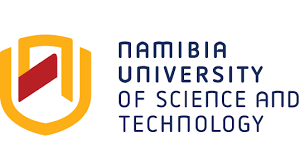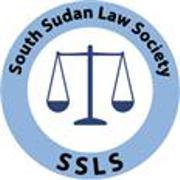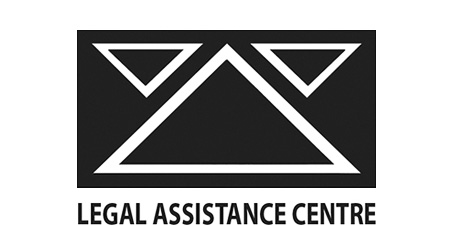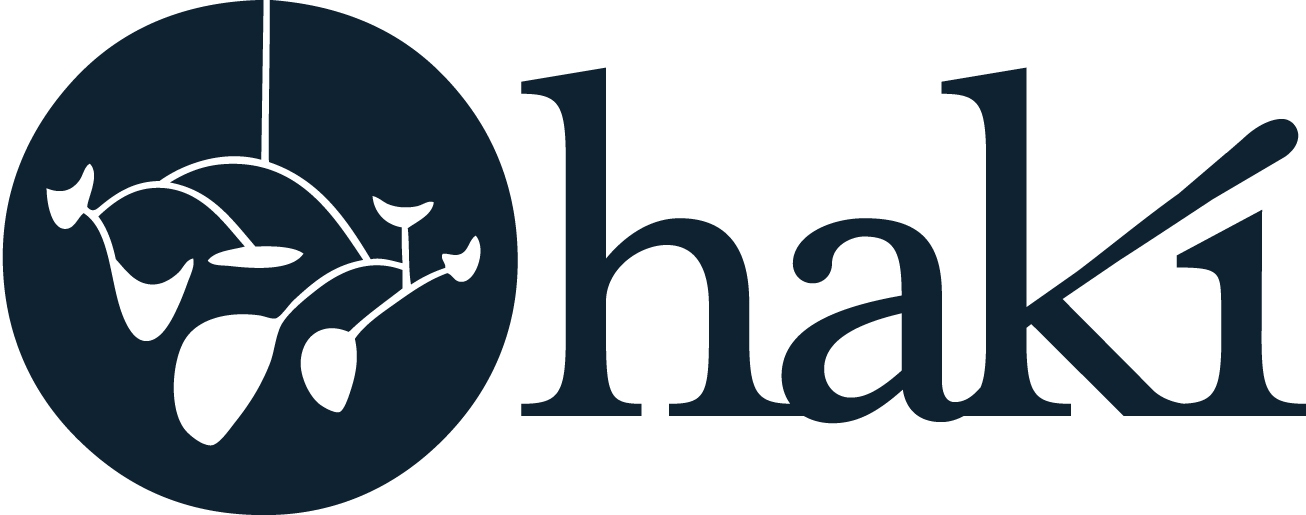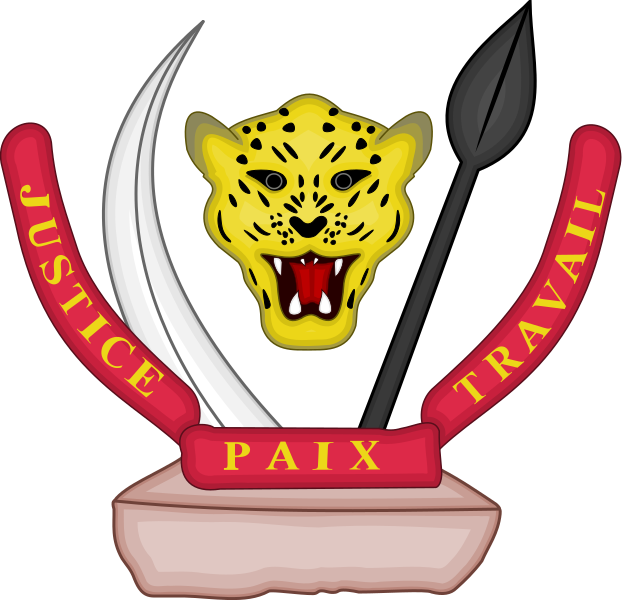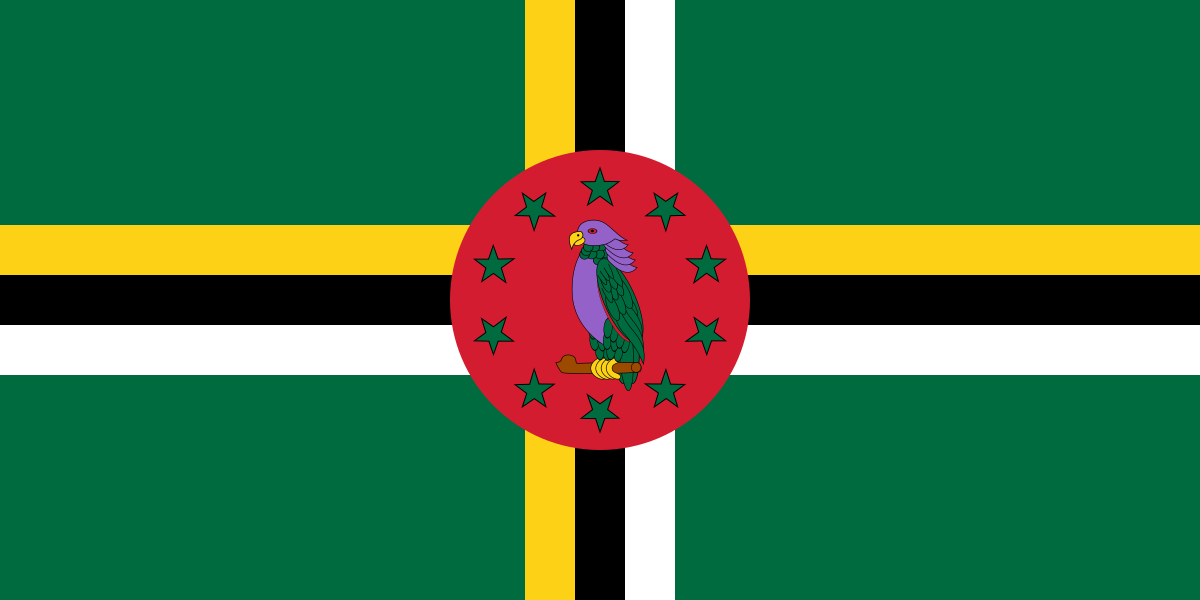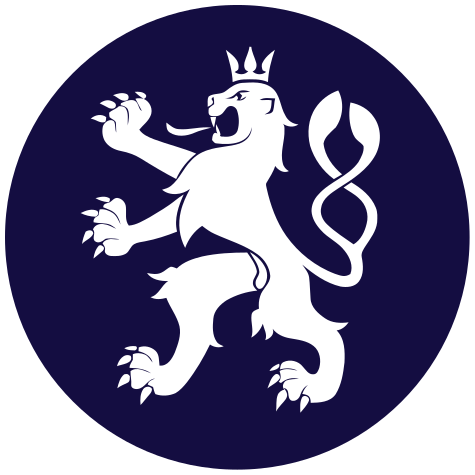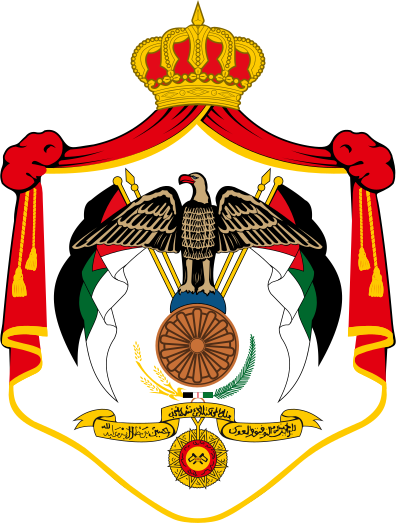Namibia University of Science and Technology
Known for being a trendsetter in higher education and applied research internationally, the Namibian University of Science and Technology (NUST) aims to become the leading university in Africa. The Department of Land and Property Sciences (DLPS) offers relevant degrees at undergraduate and post-graduate level including master and doctorate degrees. The Department of Land and Property Sciences (DLPS) at NUST together with the Integrated Land Management Institute (ILMI) are playing a leading role in research and outreach in the field of land governance and administration.

